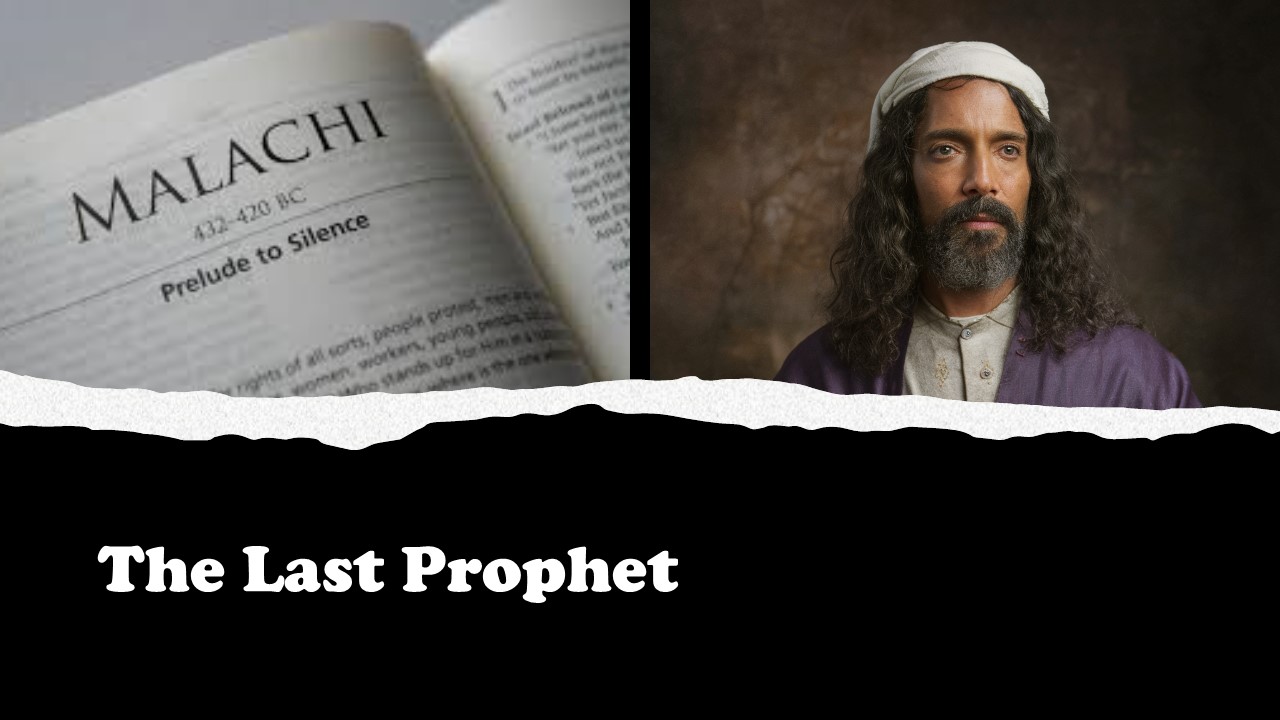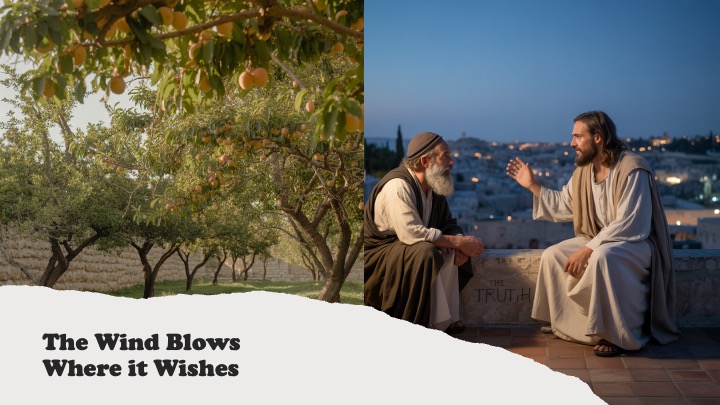The prophet Joel provides timeless lessons on judgment, repentance, and restoration. Though his historical context is debated, the universal themes in his narrative resonate strongly. Joel opens with a vivid portrayal of a devastating locust plague, symbolizing divine judgment yet serving a deeper purpose: to call for sincere repentance and herald the promise of restoration and spiritual renewal.
Joel emphasizes the “day of the Lord,” a concept filled with dread yet hopeful, pointing to Christ's Second Coming and the final judgment and redemption of believers. The immediate crisis of the locusts, consuming everything in their path and leaving economic and spiritual ruin, mirrors the potential total judgment of God's day. Yet, in this dire warning, Joel interweaves a message of hope, urging a heartfelt return to God to avert disaster and embrace restoration.
Joel's call to action, blowing the trumpet in Zion, is not just a ritualistic alarm but a deep, communal call to repentance, impacting every societal level. Despite the harshness of judgment, Joel conveys God's compassionate character, promising mercy for those genuinely returning to Him.
This narrative aligns with the broader biblical theme of the Great Controversy, depicting God's ultimate plan for redemption and renewal. Joel's message transcends its immediate context, offering insights into divine justice, the impact of sin, and the transformative power of genuine repentance, leading to a deeper relationship with God and foreshadowing the eternal restoration to come.

As the last prophet in the Old Testament period, Malachi courageously challenges his people to return to God and live lives of integrity and...

In Episode 11:68 of the 10:10 Thrive Podcast, listeners are invited into a powerful nighttime encounter between Jesus and Nicodemus, a respected Pharisee and...

Guideline #7: Do not commit adultery. Adultery is the complete corruption of God’s good creation of marriage. Through the sin of adultery, Satan tempts...